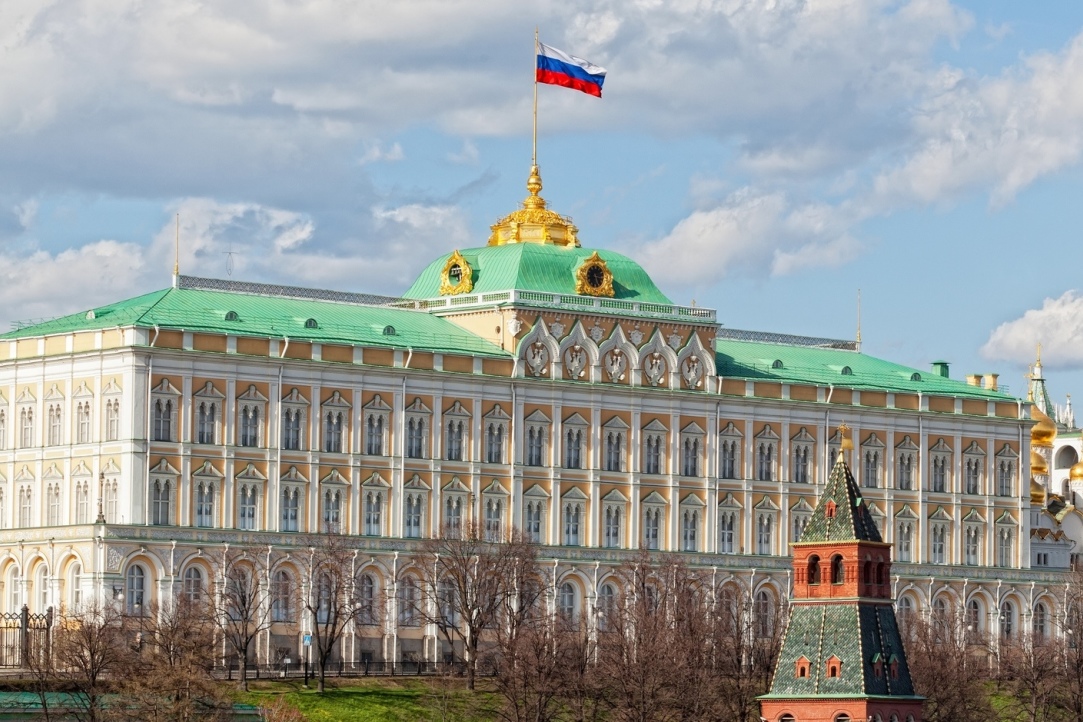
‘As We Fight Climate Change and Poverty, the Focus on Personal, rather than Social Goals, may Prove Harmful over Time’
The 11th International LCSR Workshop of the HSE Ronald F. Inglehart Laboratory for Comparative Social Research, ‘Recent Advances in Comparative Study of Values’, took place as part of the XXIII Yasin (April) International Academic Conference. HSE News Service talked about the study of values and current changes in academic life with Ronald Fischer, who presented an honorary paper ‘Why We Should Aim for Systematic Non-Invariance in Cross-Cultural Research’ at the workshop.

HSE University Is Preparing to Launch its Second Satellite into Space
Only one year ago, the first HSE University satellite, developed by specialists and students from the Laboratory of Space Vehicles and Systems’ Functional Safety of the HSE Tikhonov Moscow Institute of Electronics and Mathematics (MIEM HSE) and the Sputnix space company, was launched into orbit. And now, the date of the second HSE University’s satellite launch has been announced: Roscosmos will send it into space from Baikonur Cosmodrome on August 9th, 2022.

Why Serious Scholars Around the World Study Comics
What do Maya ceramics and pictures on 18th-century Russian stoves have to do with comics? What are the specific characteristics of Russian, Asian and American comics? How do comics reflect social issues? These and many other questions were discussed at the 7th Russian Comics Conference ‘The World of Comics’, which was held online in March by the HSE Institute for Oriental and Classical Studies.
.jpg)
Irresistible Passion: Philately in the USSR
Soviet-era postage stamps illustrate the country's history in miniature, from the early years following the Communist revolution to the 1980s' perestroika. Government and public attitudes towards philatelists reflected an overall distrust of any type of 'otherness'; indeed, why would anyone spend time studying and collecting postage stamps? Thus, it should come as no surprise that periods of philatelic internationalism were followed by times of isolationism and pressure on stamp collectors. Despite efforts to place philately within the procrustean bed of Soviet propaganda, people with a passion for stamps stood out from the crowd and were often perceived as dissenters. The discussion of Soviet philately presented below is based on a paper by philologist Konstantin Bogdanov, professor at the HSE Campus in St. Petersburg.

Russian Researchers Assessed the Likelihood of Sleep Disorders after COVID-19
A team of researchers from the HSE Centre for Cognition and Decision Making and the Central State Medical Academy conducted a study on sleep disorders, mood and fatigue after COVID-19. These factors are interrelated and the researchers recommend a comprehensive approach to treat the problem effectively. The work was published in the journal Neuroscience and Behavioral Psychology.
.jpg)
Machine Learning has Helped Forecast Global Hotspots of Unrest and Revolution
HSE scientists Andrey Korotayev and Ilya Medvedev used machine learning (ML) to build an index of instability in the world. The new method made it possible to use a large number of variables and distribute them in non-standard fashion.

Foreign Languages Slow Down Brain Ageing
Medical advances are causing a gradual increase in average life expectancy. However, this comes at a price, as the number of cases of dementia and other neurodegenerative diseases grows with age. Researchers from HSE University (Russia) and Northumbria University (UK) have found that bilingualism can slow down and mitigate the course of age-related changes in the human brain. The study was published in Frontiers in Psychology.

Climate Change: Big Challenges for the Global Economy
Participants of the discussion ‘Trading in Allowances for GhG Emissions at Sub-national Level: Ways to Use International Best Practices in Russia’ analysed how the emissions trading system will work and what place nuclear power will occupy in the carbon-free world. The event was held as part of the session ‘Problems of Decarbonization of the World Economy’ of the XXIII Yasin (April) International Academic Conference.

Russian President Vladimir Putin Greets the Participants, Organisers and Guests of XXIII Yasin International Academic Conference
The annual event brings together researchers, businesspeople and governmental representatives, the president emphasised. He also said that the issues discussed at the conference include the most pressing problems of Russia’s socio-economic development, as well as global challenges.

‘I Can’t Think of a Better Time for Young Researchers to Work in Foresight’
Foresight and STI Policy are among the symposium topics of the XXIII Yasin International Academic Conference. How has foresight developed in Canada? How did academic life change during the pandemic? What can early-career foresight researchers expect? The HSE News Service discussed these questions with Jonathan Calof, one of the symposium’s speakers.


Registration is open upto December 10, 2025